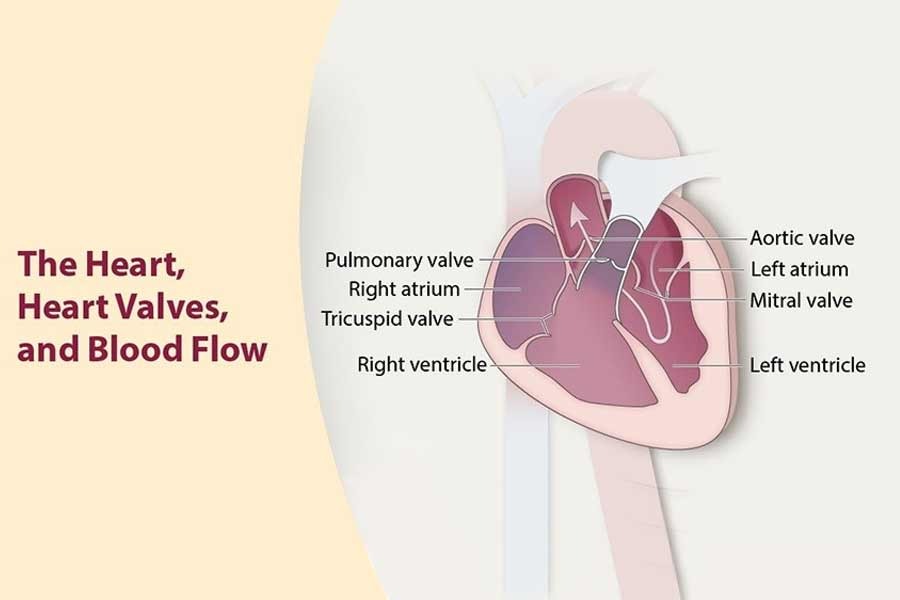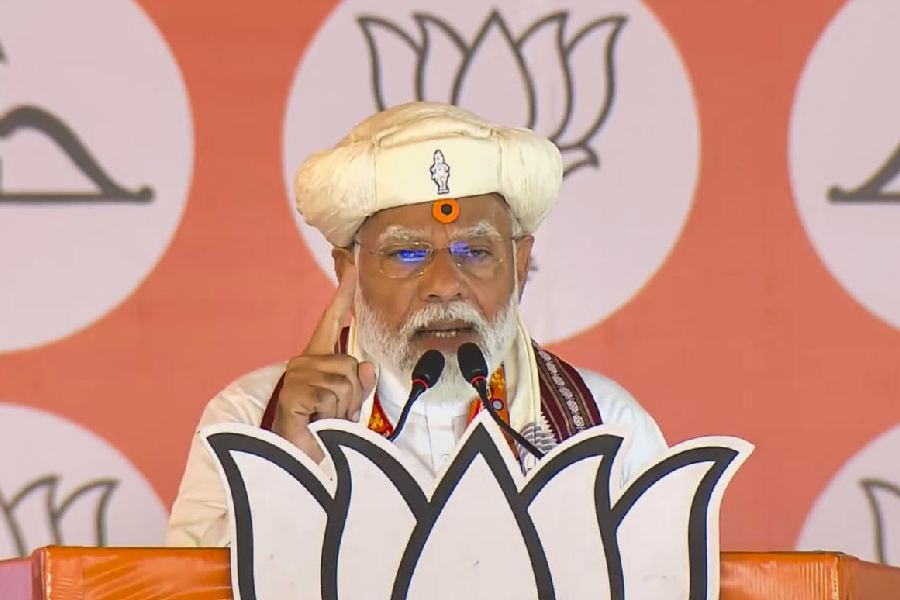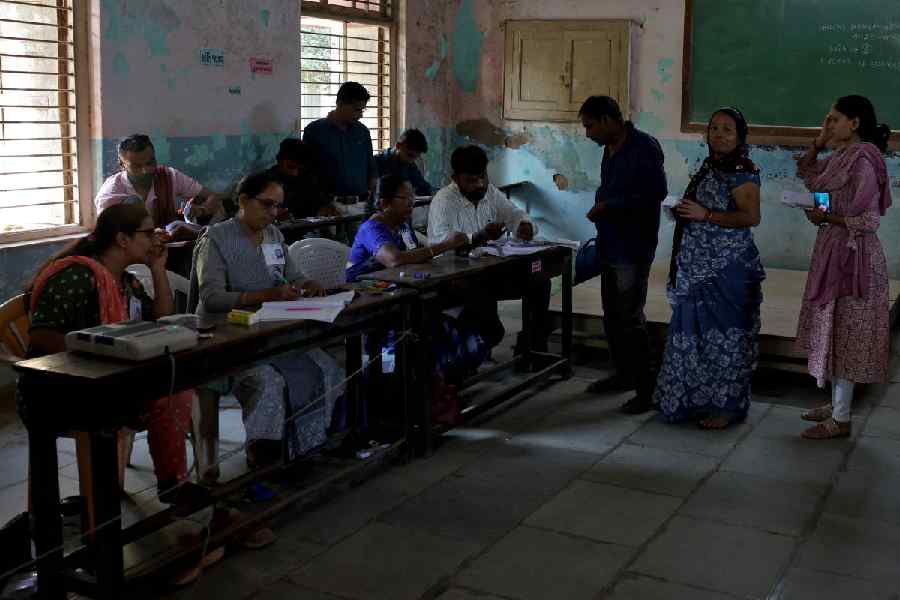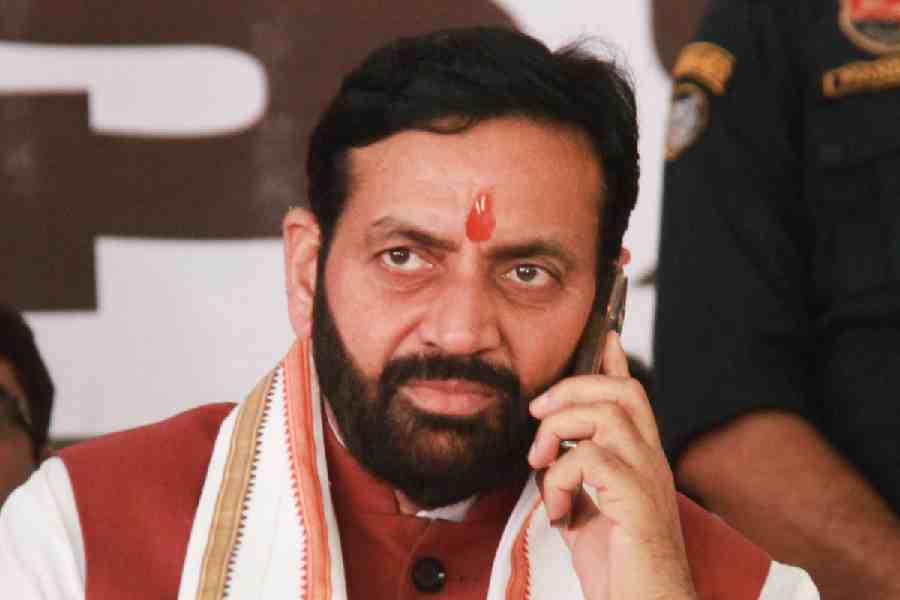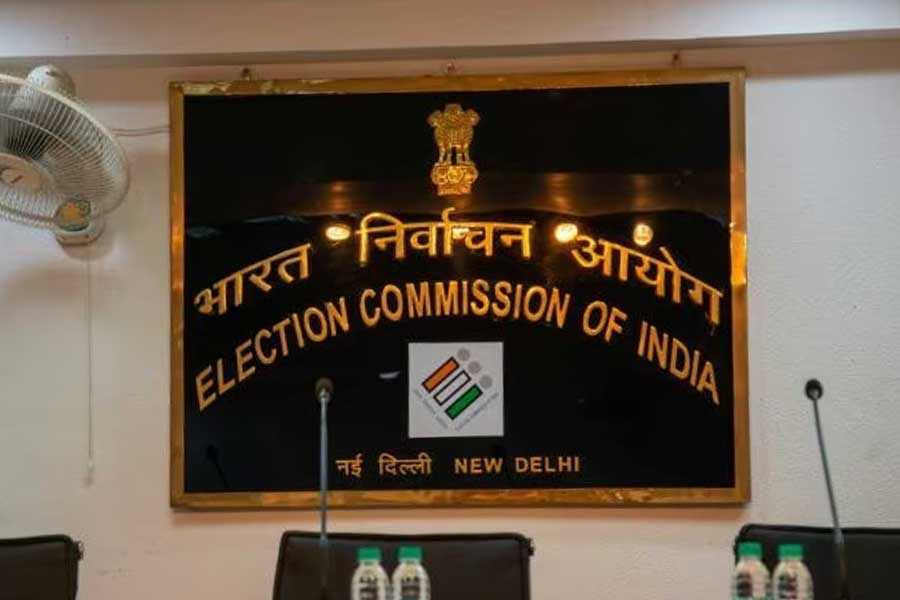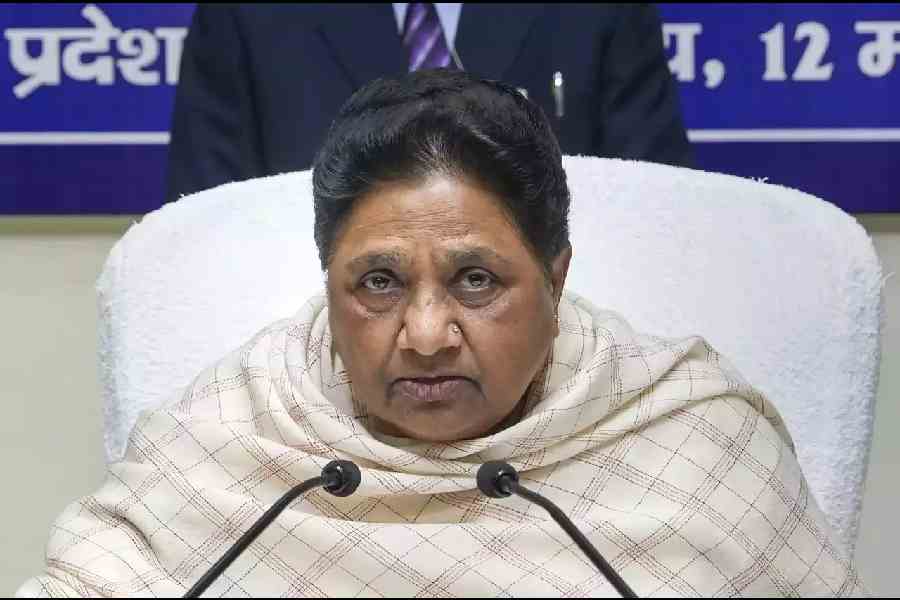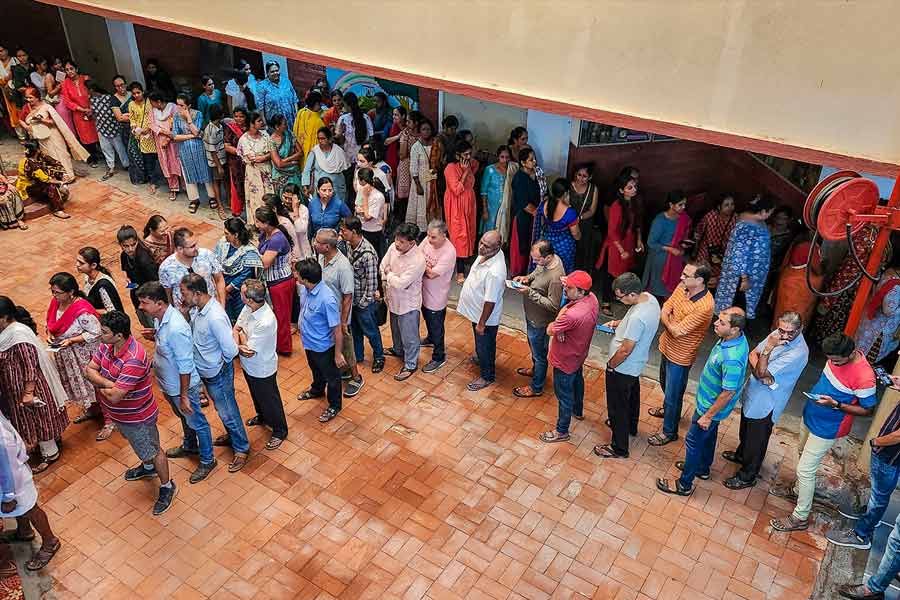Valvular heart disease is when any valve in the heart has damage or is diseased. The normal heart has four chambers (right and left atria, and right and left ventricles) and four valves(Aortic, Mitral, Tricuspid and pulmonary).Healthy heart valve leaflets are able to fully open and close the valve during the heartbeat, but diseased valves might not fully open and close.
Valvular heart disease is when any valve in the heart has damage or is diseased. The normal heart has four chambers (right and left atria, and right and left ventricles) and four valves(Aortic, Mitral, Tricuspid and pulmonary).Healthy heart valve leaflets are able to fully open and close the valve during the heartbeat, but diseased valves might not fully open and close.
Diseased valves can become “leaky” where they don’t completely close; this is called regurgitation. If this happens, blood leaks back into the chamber that it came from and not enough blood can be pushed forward through the heart. The other common type of heart valve condition happens when the opening of the valve is narrowed and stiff and the valve is not able to open fully when blood is trying to pass through; this is called stenosis.
Valvular heart disease is a significant health concern worldwide with Aortic valve stenotic disease being most commonly (afflicting 9 million people worldwide) and its prevalence has been increasing with population aging and the increased prevalence of atherosclerosis. Mitral regurgitation, Tricuspid regurgitation, mitral stenosis, pulmonary regurgitation and surgical prosthetic valve dysfunction being the other common ones.
Heart disease remains a significant health concern in India, with a recent report presented in the Rajya Sabha revealing that heart attacks account for 28% of deaths in the country. The government submitted an ICMR report highlighting the alarming prevalence of heart-related fatalities. This underscores the urgent need for comprehensive public health initiatives and awareness campaigns to address risk factors such as sedentary lifestyles, unhealthy diets, and stress. Implementing preventive measures and promoting heart-healthy habits is crucial to mitigating the impact of cardiovascular diseases, enhancing overall health outcomes, and reducing the burden on India's healthcare system.
Valvular Heart Disease poses a serious threat to cardiovascular health, requiring medical attention. Timely diagnosis and appropriate interventions are essential for managing valvular heart disease and preventing complications that may arise due to impaired heart valve function, like heart failure & sudden cardiac arrest.
Advancements in medical technology now enable the treatment of Valvular heart disease without surgery through valve and structural interventions. In this context, Dr Sumanto Mukhopadhyay, Interventional Cardiologist, Apollo Hospitals and an expert in Valve and structural intervention, spoke at length with The Telegraph Online explaining how such diseases can be treated with minimally invasive procedures now.
Transcatheter techniques, such as transcatheter aortic valve replacement (TAVR, Mitral, Tricuspid & Pulmonary), Edge to edge repair (Mitral Clip / Triclip) & balloon valvuloplasty and, offer minimally invasive alternatives and other structural interventions like aortic stenting, left arterial appendage occlusion, peripheral intervention, aneurysm repair, which offer a keyhole alternative for many patients. These procedures involve inserting a catheter through blood vessels & operating in cathlab thus, reducing the need for open-heart surgery. This approach provides a safer and quicker recovery, making it a viable option for patients with valve disorders, enhancing their quality of life while minimizing the risks associated with traditional surgical interventions. Dr. Mukhopadhyay mentioned that he offers latest cutting edge, treatment facilities and advanced diagnostic tools at the Apollo Multispeciality hospitals Kolkata in Kolkata.
For any health-related queries, contact Apollo:
Emergency No.: 1066
Helpline No: 03344202122
Email ID: structuralheart_kol@apollohospitals.com
This article has been produced on behalf of Apollo Multispeciality Hospitals Kolkata by ABP Digital Brand Studio.

